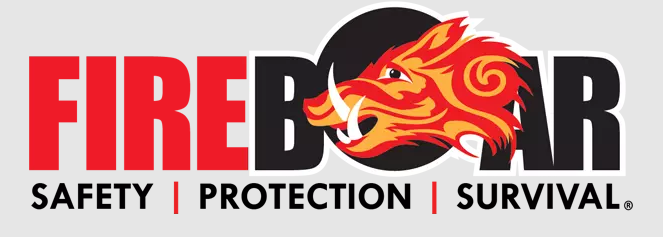This course has been developed for individuals who wish to work or who are appointed in the role of Fire Safety Adviser (FSA). It will provide individuals with the relevant knowledge, skills and abilities required to become an FSA in accordance with the Queensland Building Fire Safety Regulation 200

This course has been developed for individuals who wish to work or who are appointed in the role of Fire Safety Adviser (FSA). It will provide individuals with the relevant knowledge, skills and abilities required to become an FSA in accordance with the Queensland Building Fire Safety Regulation 2008.
Furthermore, it will also equip individuals with the skills and knowledge required to advise on appropriate emergency planning, making them familiar with all aspects of building fire safety on day to day matters and during facility emergencies.
A Fire Safety Advisor is required in all high occupancy buildings listed in the Queensland Building Fire Safety Regulation 2008. (High occupancy is classified as: 30 or more employees; a Class 2 or 3 building that is more than 25m in height; or a Class 4 building or an at-risk premise, as nominated by the Commissioner of Queensland Fire and Emergency Services)
The course has been developed to cover a broad range of emergencies and facilities as considered in Australian Standard 3745 and Australian Standard 4083. It applies to employees in the workplace within all industries and in all contexts within Queensland.
Participants in this course will also learn how to effectively:
Understanding the role and responsibilities of an FSA
Understanding legislation relating to fire safety
Identifying fire safety installations and equipment in a building
Developing an awareness of maintenance and records relating to fire safety
Developing risk management strategies
Emergency Planning Processes
Conducting and Evaluating evacuation exercises and fire drills
Operating emergency protection and emergency control equipment
Fire Boar specialises in a full range of fire services from design, installation, commissioning, maintenance and testing of fire protection systems in accordance with the relevant Australian legislation and building codes.
© 2025 coursetakers.com All Rights Reserved. Terms and Conditions of use | Privacy Policy